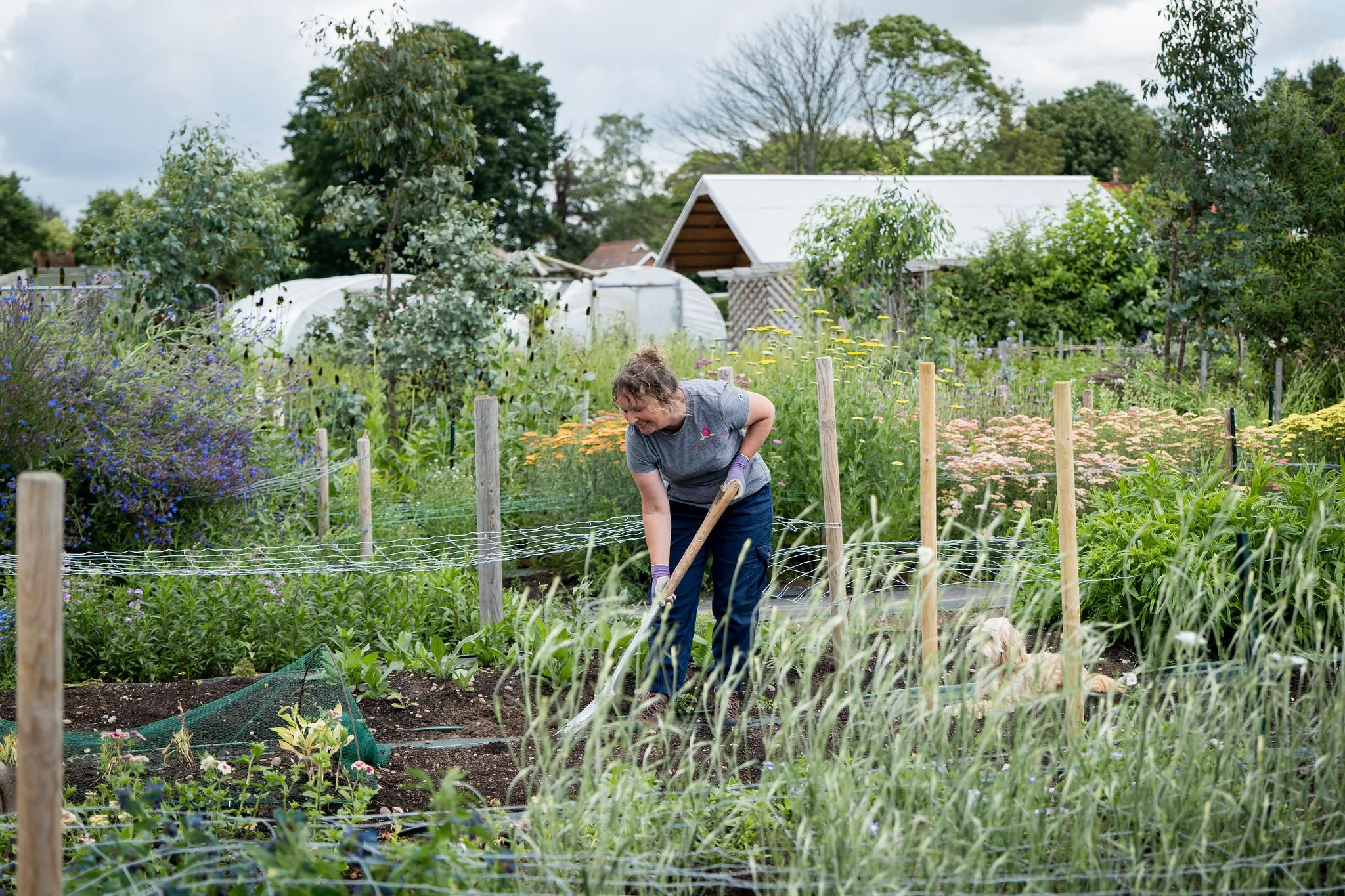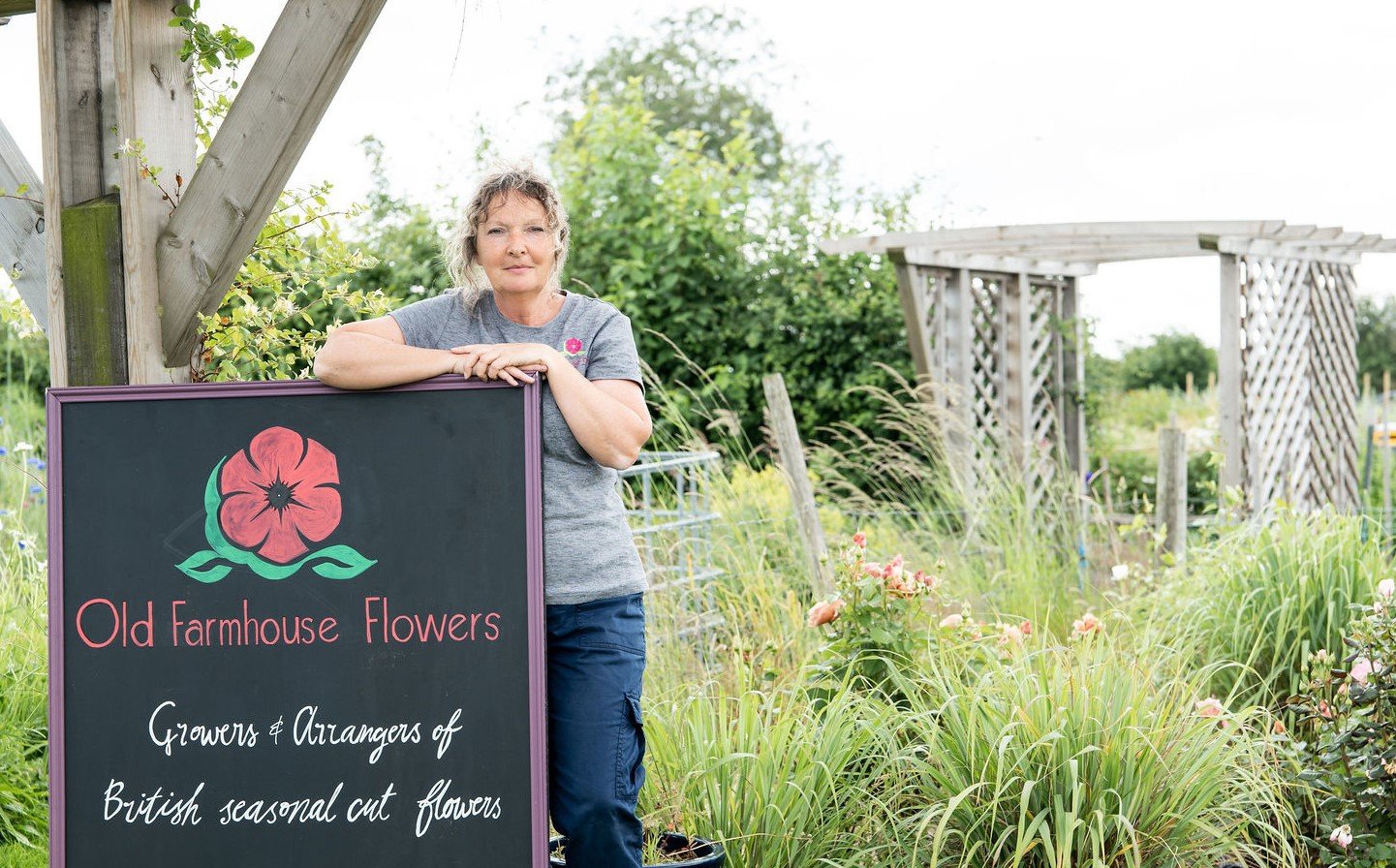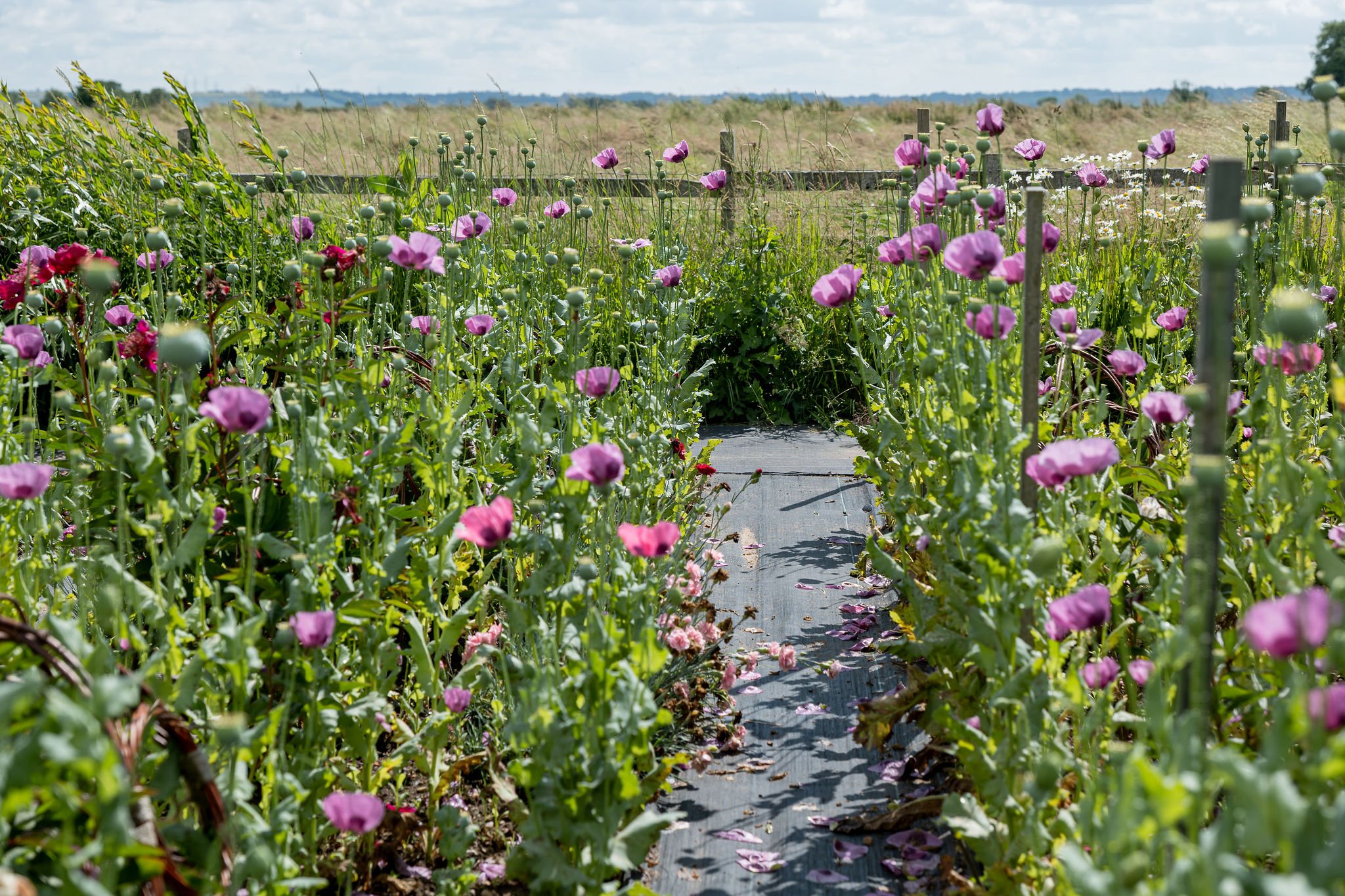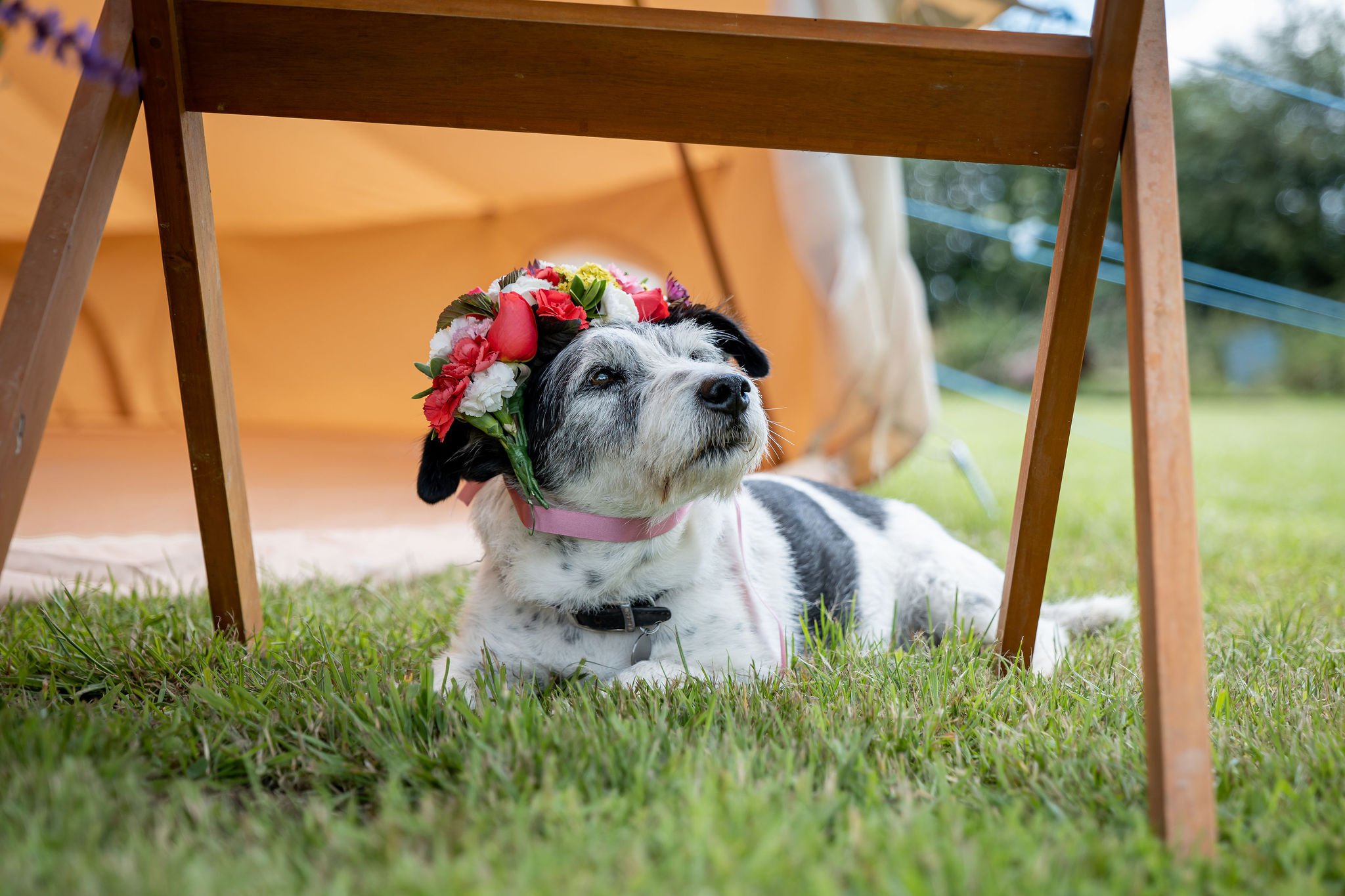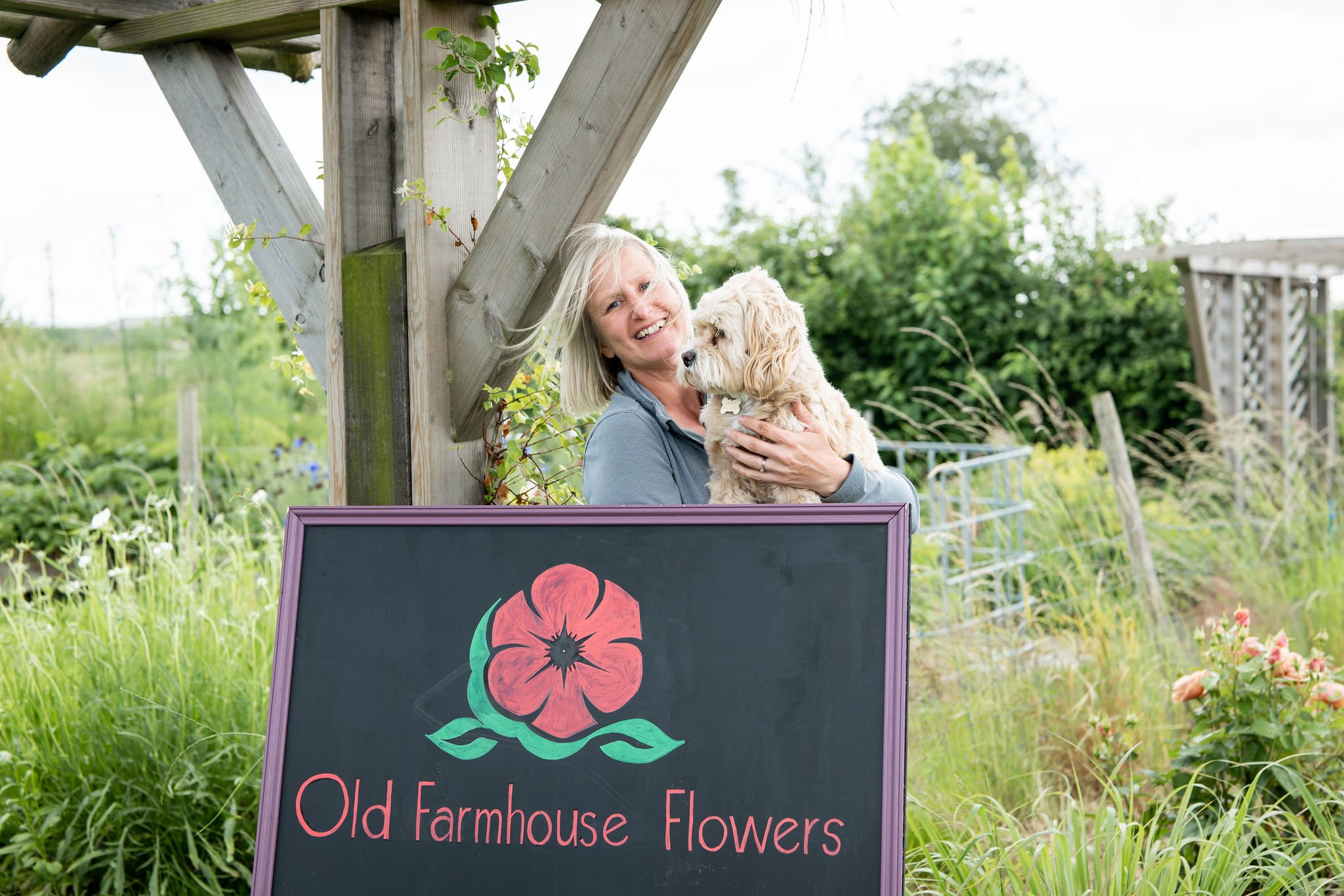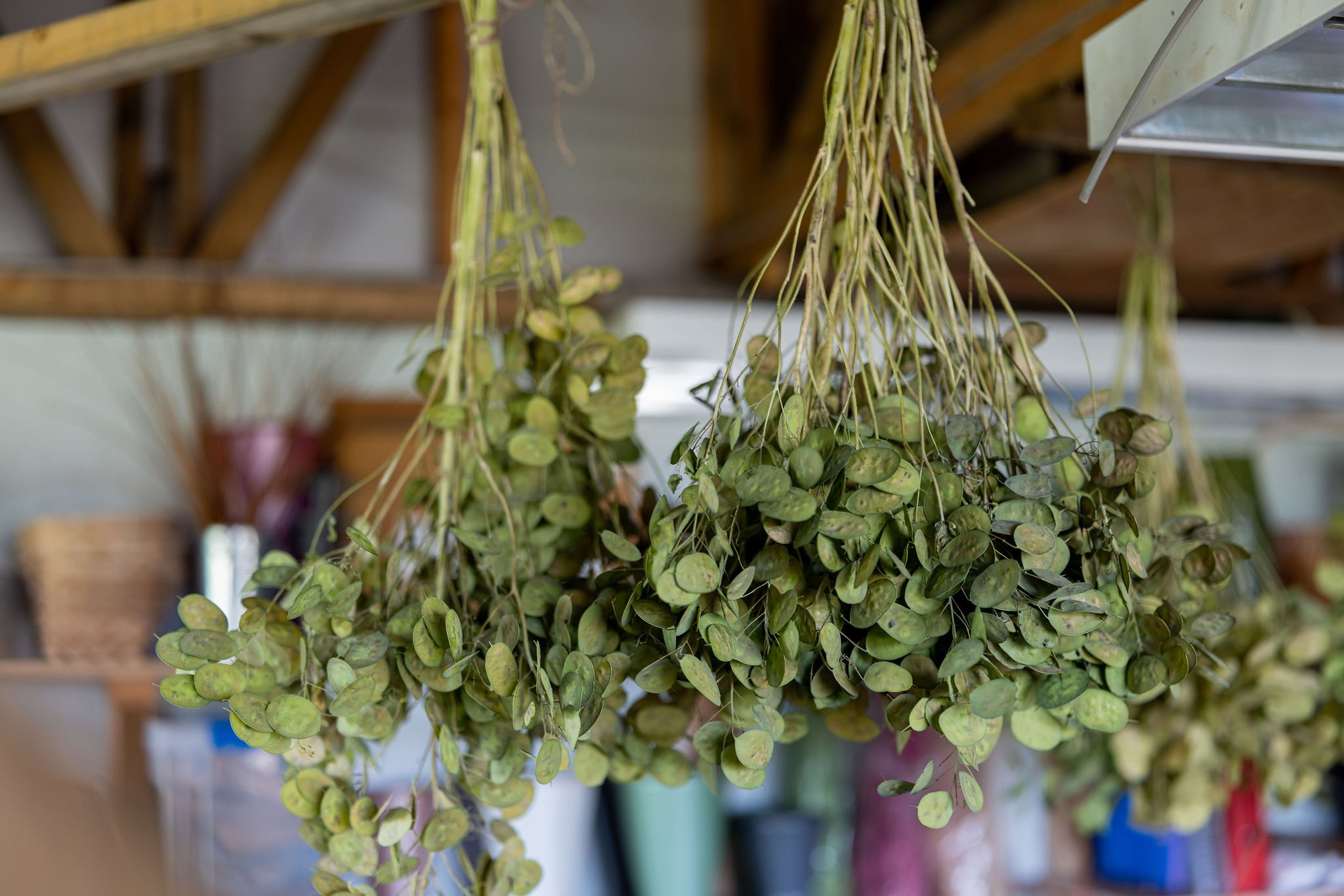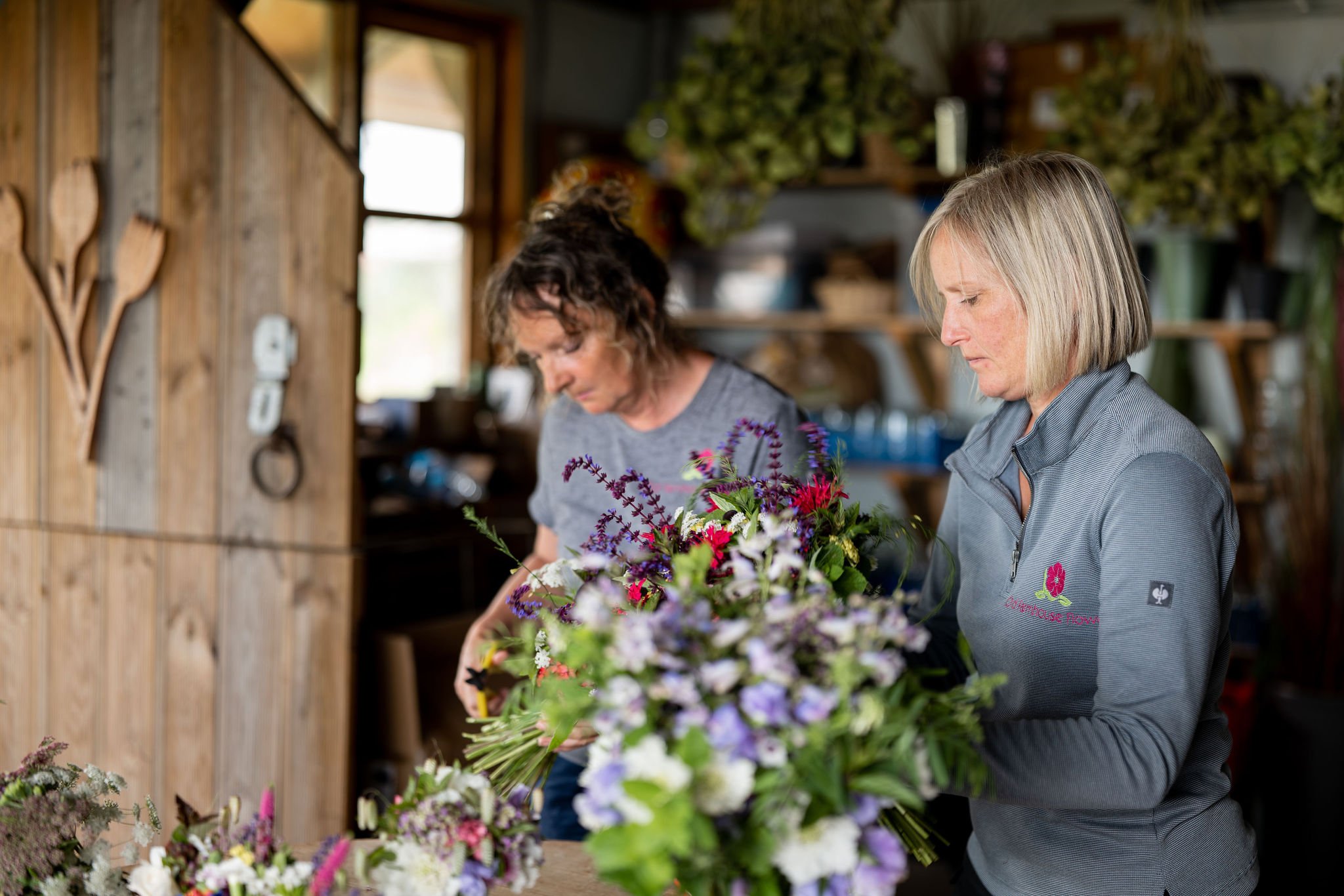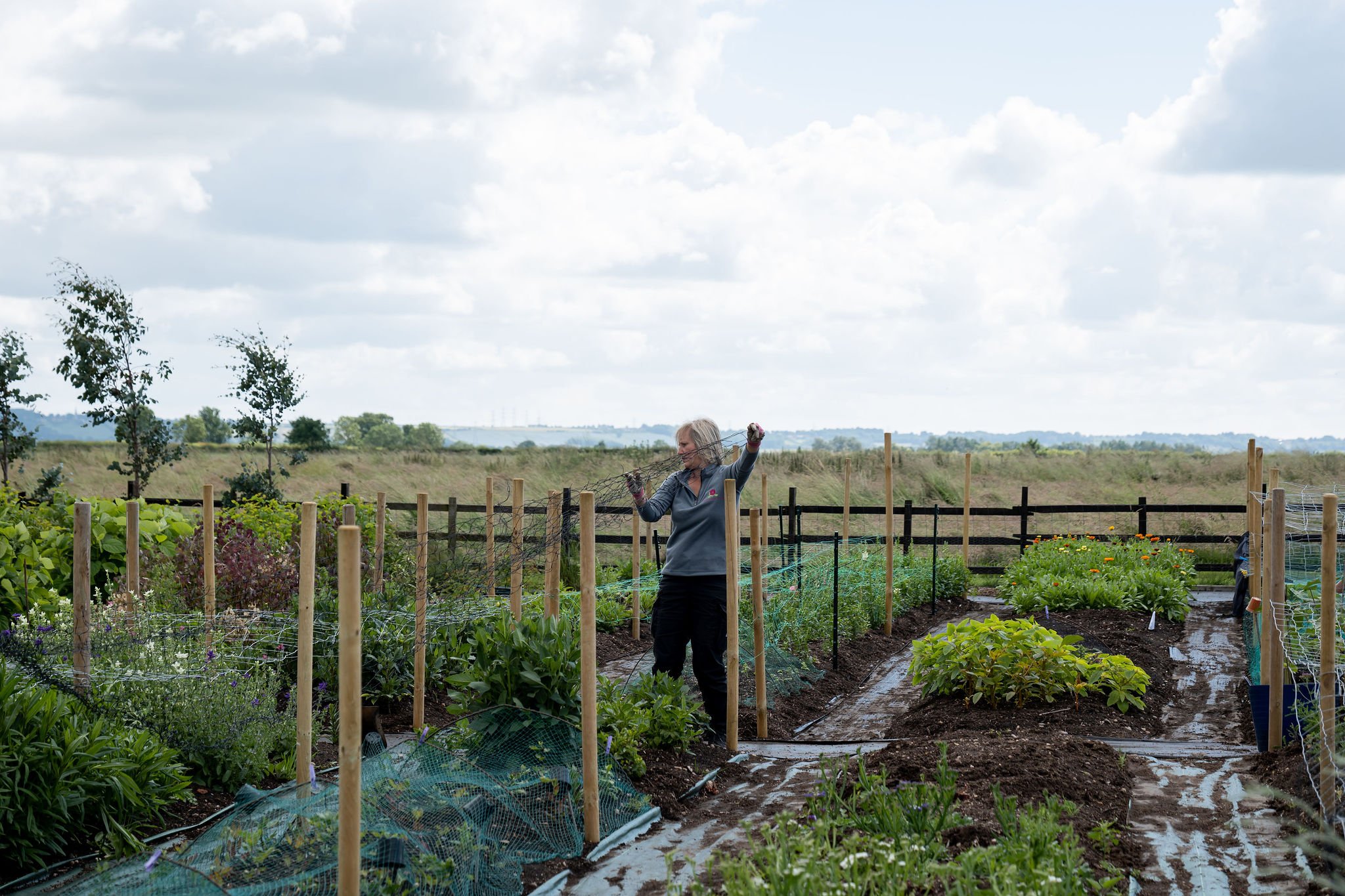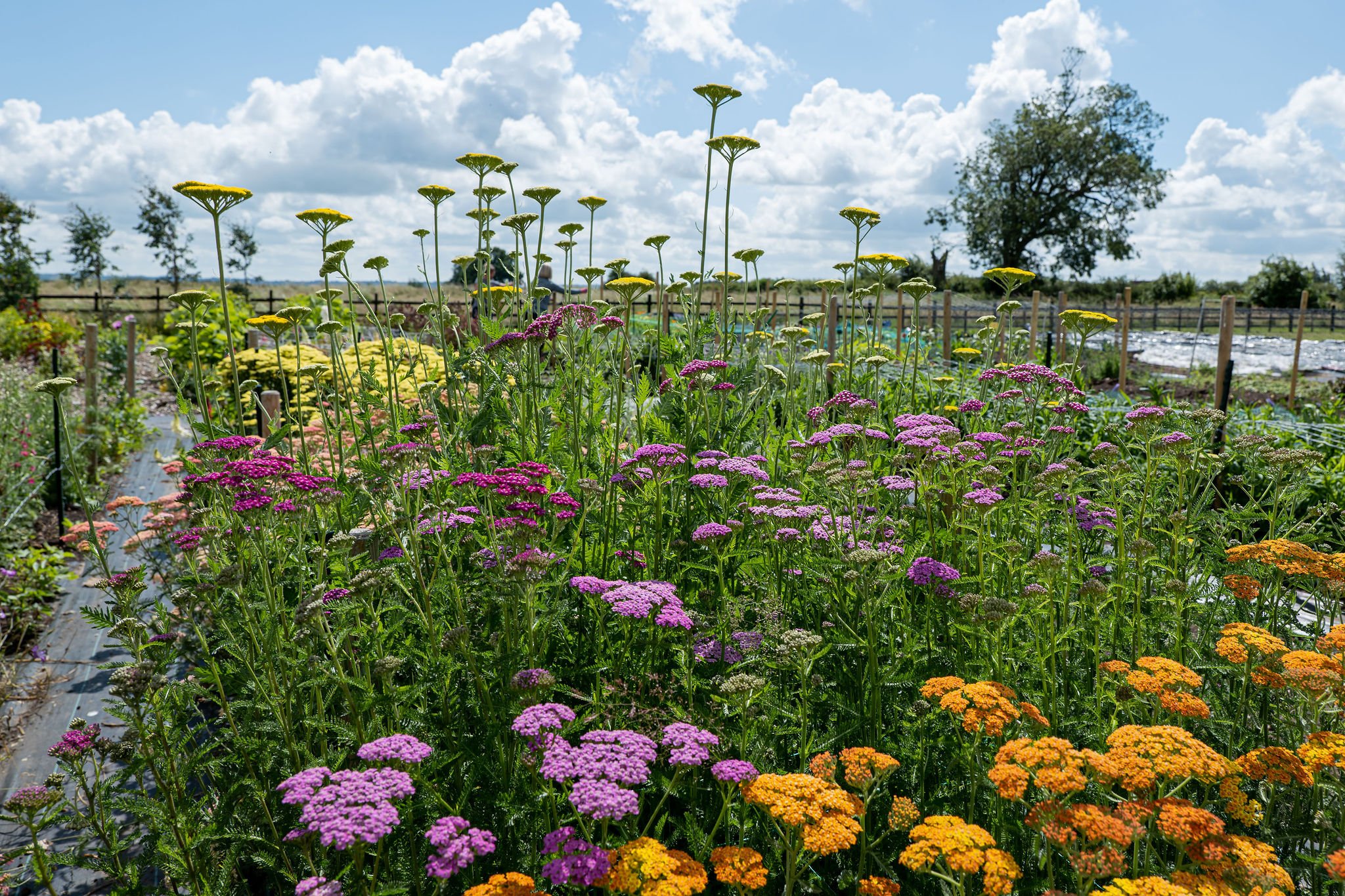Quite simply, we put our hearts and souls into growing fabulous, sustainable flowers and foliage teeming with character, scent, texture and movement.
Growing for wedding and event florists, for wedding couples wishing to create their own arrangements and for your home. We share our passion for growing and arranging in a variety workshops held on and off the flower farm throughout the year.
The Business:
Using a sustainable approach, and with care for our small patch of the earth and the wildlife we share it with, we grow in harmony with the seasons to produce flowers and foliage which are not only incredibly beautiful but also have a low environmental impact.
Established in 2018, Old Farmhouse Flowers is set in two acres of land in the village of Bassingham, on the Lincolnshire border with Nottinghamshire, a short 20 minute drive from both Lincoln and Newark.
From an initial trial patch of 6 beds in 2017 we have been steadily and thoughtfully growing the business every year since, ensuring as we grow, in all senses of the word, that we tread lightly on the environment. We have used this thoughtful approach to hone our horticultural and floristry skills to produce a range of high quality flowers and foliage suitable for every occasion. Along the way we’ve transformed our monoculture grass field into a diverse, lively flower farm full of healthy, thriving plants that provide food and shelter for all manner of animals, insects and bird life.
We specialise in wedding and event flowers, selling to florists and directly to wedding couples wanting to create their own unique and personal arrangements. We also sell our blooms locally to anyone who loves flowers and cares about how and where they are gown.
The Growers:
We are Kerryn and Tracey. We met in 2016 when working as project managers and quickly established a shared love of the outdoor life and especially a love of gardening. We were both intuitively sustainable gardeners already; making our own compost, harvesting rainwater, allowing chickens to rootle around the beds and avoiding the use of chemicals. The realisation that we could actually grow cut flowers as a business though, came about through a series of happy events and plain old good luck and timing.
Kerryn just happened to have a couple of acres of field, Tracey became engaged in 2017 and decided to grow her own wedding flowers and we booked on a ‘How to Grow Cut Flowers’ workshop with the inspirational Rachel Petheram of Catkin Flowers. A season of experimenting and drawing on Tracey’s horticultural training, lots of floriculture research and three days on-site learning with Organic Blooms, a social enterprise flower farm in Bristol, translated an enthusiastic idea into a viable business plan and Old Farmhouse Flowers was born.
Several years later Kerryn works in the business full time and Tracey is currently part time, increasing her hours as we gradually expand the growing space. Our enthusiasm has never wavered or lessened, in fact if anything we are more passionate than ever about what we do. Exploring sustainable practices and carefully striving to positively impact on our environment whilst producing fabulously gorgeous flowers is a recipe for double satisfaction.
The Ethos:
We take a thoughtful and responsible approach to all aspects of our business, with a commitment to sustainable growing practises and a gentle, calm attitude to growing in harmony with nature and the seasons. This means
growing with the seasons - which means we don’t use artificial heat or light
not using chemicals or artificial fertilisers - keeping our field safe for the birds, mammals and insects that we share it with,
using only peat free compost,
composting as much as possible – in 2022 we built seven huge bays for composting and for storing horse manure and woodchip,
using no-dig methods for bed creation and maintenance – nurturing and feeding our soil and its population of micro-organisms to support thriving, healthy plants,
re-using plastic – when we need to buy plastic products such as seed trays and modules we buy really good quality so that they will last for years,
collecting rainwater – we never water with mains supplied water, we have several water collection systems and an on site well,
leaving some seed heads standing and some un-tidied beds – as havens and food for our wildlife friends

